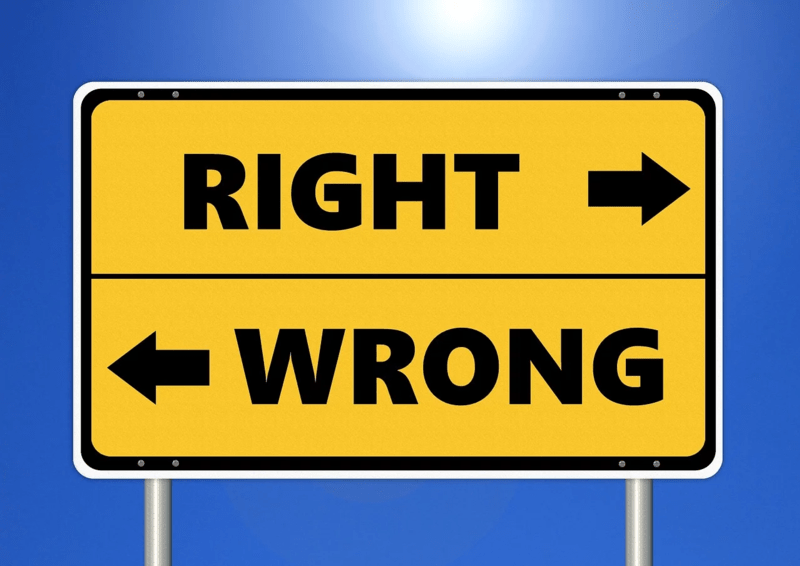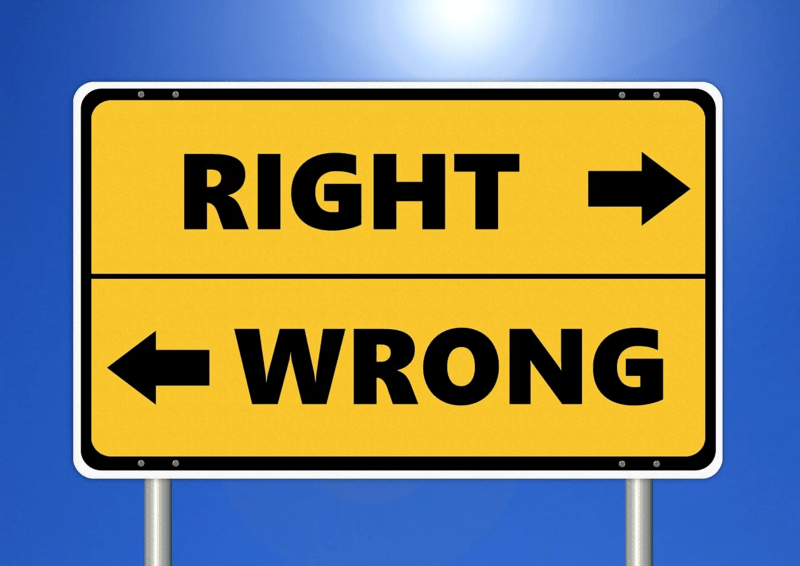Why should anyone care about responsible and sustainable business? One answer is because it matters financially. Investors should factor in future climate regulations and businesses should tackle diversity because they present risks or opportunities to long-run commercial performance. This is called single (financial) materiality.
But others take a wider view. Corporates and capital markets should think about their impacts on people and planet in addition to those factors which might shape cashflows. This is known as double (impact) materiality (and is the basis of the EU’s new rules: CSRD). But where does ethics fit in?
Some issues that matter from ethical perspective might not matter enough when it comes to impact. This is because all materiality involves thresholds, balancing potential impacts against likelihoods of occurrence. Take the issue of forced labour that might be suspected in one part of a vast supply chain. Materiality is about prioritisation: how does a small risk to a small number of people compare to all the know and unknown risks on all the other people? According to some criteria, it might rank low.
But for an ethicist, forced labour is wrong no matter how low the risk. It matters on principle.
In my new book Measuring Good Business, I set out an idea I call ethical materiality. This adds a further dimension to materiality: which issues matter from a moral standpoint? What are the right priorities because they are the right things to do? Irrespective of financial or today’s stakeholder impact, which topics should be prioritised if we used ethical criteria such as justice, fairness and treating others well?
Ethical materiality can complement double materiality. It adds a new lens to impact. I think it also reflects pockets of good practice today. Wanting to “do the right thing” is commonly expressed by many working in business. Some corporate leaders prioritise issues on principle, not just because they may matter financially or the impact on stakeholders is considered large. Ethical materiality provides a new framework, a legitimising language, to articulate such ethical judgements. It enables ethics to be integrated into the processes of strategic planning, resource allocation and reporting and disclosure.

